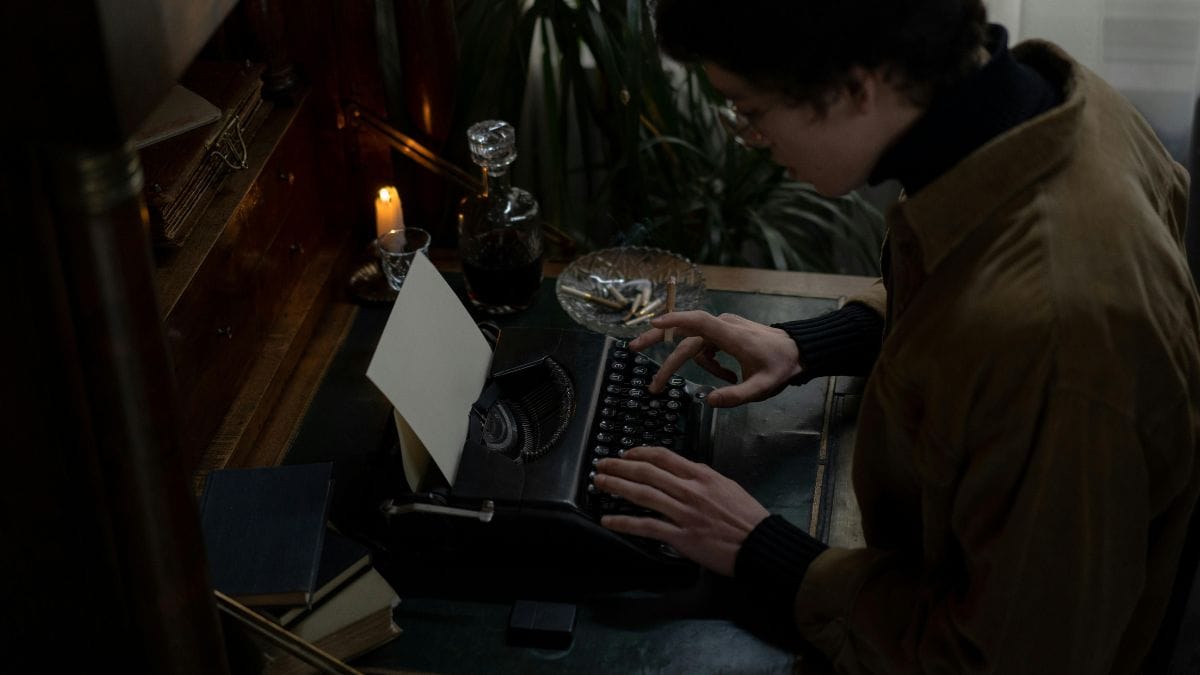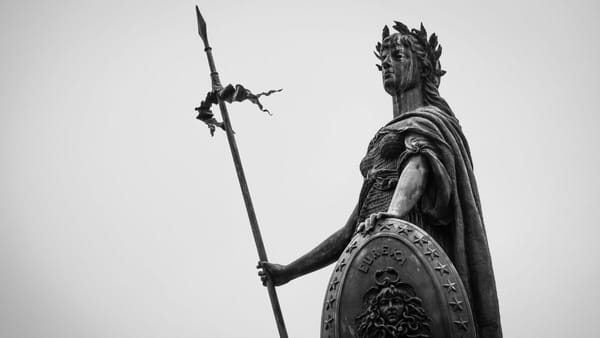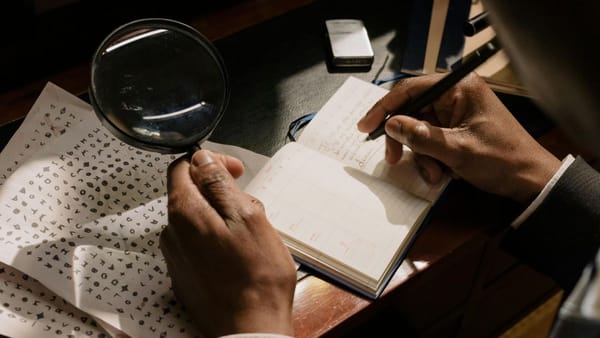There’s something strange about reading Franz Kafka. Not strange in the sense of alienation alone, though there's plenty of that, but strange in the way his books make you feel like you're slipping out of reality and into some bureaucratic dream where everything almost makes sense. Almost. And that's part of the thrill. Kafka isn’t here to give you answers. He’s here to unmask the world you thought you knew, turn it upside down, and ask you if you're really sure it's ever been the right way up to begin with. For fans of classic literature—especially those with a taste for absurdity, existential dread, and psychological tension—Kafka’s work is a deep, echoing chamber you can get lost in. So, if you're looking for where to start or which books to revisit, here are the seven best Franz Kafka books every classic literature lover should read.
Why Kafka Still Matters in a World of Meaningless Noise
In a time when most of what we consume feels designed to grab attention rather than provoke reflection, Kafka’s writing stands almost defiantly still. He doesn’t entertain. He unsettles. His characters wander through invisible bureaucracies, chase unreachable authorities, and live out lives of quiet despair and existential confusion. And yet, we keep reading him. Maybe because Kafka articulates something we all feel but can’t quite name—like being out of sync with the world but unsure who’s off-key. He speaks to the modern reader just as clearly now as he did a century ago, which is rare even among the greatest literary voices.
The Trial by Franz Kafka
There’s a reason The Trial is often the first Kafka book people mention. It starts with a man named Josef K. being arrested without being told why. That alone is Kafkaesque enough to make your skin crawl, but the real nightmare comes from how society accepts it. No one questions the absurdity. The Trial reads like a dystopian classic, but unlike Orwell or Huxley, Kafka doesn’t even bother explaining the system—and that makes it scarier. Josef’s slow descent into confusion, paranoia, and eventual surrender mirrors the helplessness many feel under bureaucratic systems today. It’s a book you finish with more questions than answers, and that’s exactly what makes it essential.
The Metamorphosis by Franz Kafka
Probably Kafka’s most famous and widely discussed work, The Metamorphosis begins with a sentence so iconic it's practically a literary punchline. Gregor Samsa wakes up to find himself transformed into a giant insect. No explanation, no backstory, no cure. What follows is less about the change itself and more about how those around him react. This isn’t just horror or absurdity—it’s a reflection on alienation, self-worth, and familial rejection. If you enjoy psychological classics, you’ll feel at home here in the most discomforting way. The story's power lies in how real Gregor's emotional world feels, despite his surreal body.
The Castle by Franz Kafka
In The Castle, a land surveyor known only as K. arrives in a village governed by an elusive authority based in the titular castle. He tries to gain access and understand his purpose, but the deeper he goes, the more twisted the logic becomes. This is Kafka at his most surreal, blending absurdism with bureaucracy in a way that makes the reader feel like they’re drowning in a sea of rules written in invisible ink. This novel is ideal if you’re drawn to absurdist classics or you find joy in trying to solve puzzles that are missing half their pieces. The Castle is a haunting metaphor for mankind's struggle to find meaning and place.
In the Penal Colony by Franz Kafka
Short, brutal, and unforgettable. In the Penal Colony reads like a dark fable set in a dystopian court of cruelty. A traveler observes an execution machine so grotesque and ritualistic that it could easily belong in a horror classic. The story critiques blind obedience to tradition and justice systems that run on autopilot. It's Kafka in a condensed dose—morally challenging, deeply philosophical, and unsettling. Readers who enjoy revolutionary classics will find thematic overlap here, as Kafka quietly asks us to consider what systems we enable without question.
Amerika (The Man Who Disappeared) by Franz Kafka
While Amerika might not have the same darkness as The Trial or The Castle, it still carries Kafka’s signature unease. Following young Karl Rossmann after he’s shipped off to the US, the novel reads like a bizarre coming-of-age tale in a land that’s supposedly full of opportunity but reveals itself to be just as indifferent and chaotic. Kafka portrays the American dream not as a hope but as another theater of confusion. If you liked modern classics with disillusioned protagonists wandering through hostile environments, Amerika is a compelling and often underappreciated gem.
A Hunger Artist by Franz Kafka
Kafka’s collection A Hunger Artist contains several shorter works, but the titular story stands out as a powerful metaphor for misunderstood artists and societal expectations. The hunger artist starves himself in public as a performance, yet no one truly understands or appreciates his suffering. It’s eerily relevant in today’s world of performative success and attention economies. The story digs into themes of alienation, purpose, and the void left when art becomes spectacle.
Letters to Milena by Franz Kafka
Less a novel and more a series of emotional outpourings, Letters to Milena gives us a rare glimpse into Kafka’s deeply vulnerable side. These letters to Milena Jesenská, a writer and translator, are raw, philosophical, and filled with existential yearning. While not fiction, they shed light on the inner workings of the man behind the absurdity. You start to realize that Kafka didn’t just write about isolation—he lived it. For readers of philosophical classics or anyone drawn to the emotional undercurrents of literary genius, this collection is a quiet revelation.
Final Thoughts: Entering Kafka’s World of Shadows
Reading Kafka is like stepping into a hall of mirrors. What looks like reality quickly twists into something else—not quite a nightmare, not quite a prophecy, but always unsettling. These seven works represent Kafka’s broad but thematically consistent legacy: alienation, absurdity, and the slow erosion of meaning in a world ruled by invisible logic. They also show how well Kafka fits into the broader collection of works that challenge our perception of what stories can do. Kafka never intended to comfort his readers. Instead, he pulls back the curtain on the human condition and shows us that maybe the curtain was all there was. But in doing so, he gives us a strange sort of comfort—the comfort of knowing that confusion, dislocation, and doubt aren’t uniquely ours. They're part of the landscape. And Kafka is one of its finest cartographers.
Thanks for reading. If this list helped you discover something new — or rediscover something old — you’re welcome to keep exploring:














